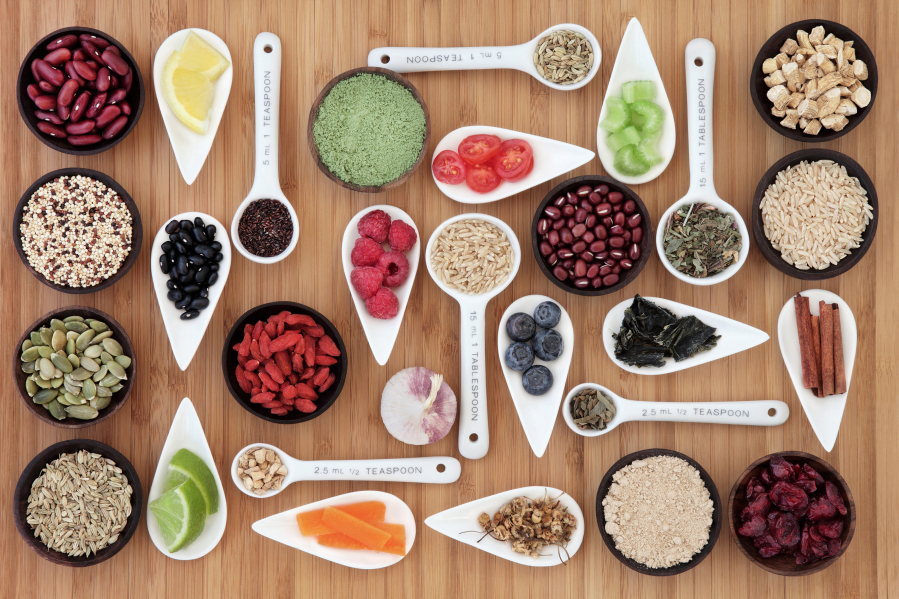What three actions — if we decided to do them — would go a long way to make us a healthier nation? At a recent health summit, Dr. Ali Kahn, Dean of the College of Public Health at the University of Nebraska Medical Center, said it pretty much boils down to this basic prescription:
• Stop smoking (or don’t start).
• Get 150 minutes of physical activity each week.
• Eat 7 servings of fruits and vegetables every day.
Dr. Kahn then took a show of hands to see how many of us actually eat 7 servings (about 4 to 5 cups) of fruits and vegetables each day. Uhhh … .
Some folks do, including many who follow a vegetarian eating style. According to the Academy of Nutrition and Dietetics (AND), an estimated 3.3 percent of Americans are vegetarians; they primarily eat a plant-based diet. Some vegetarians include eggs and dairy foods on their menus, some do not. And almost half of vegetarians report being vegan; they avoid all animal foods including eggs, dairy and sometimes even honey (it’s an animal food).
What is the nutritional and health impact of eating a vegetarian diet? Here are some facts from the latest position paper on this topic from the AND:




